This Russian Family Cut Itself Off From Civilization For 40 Years
Tags: News
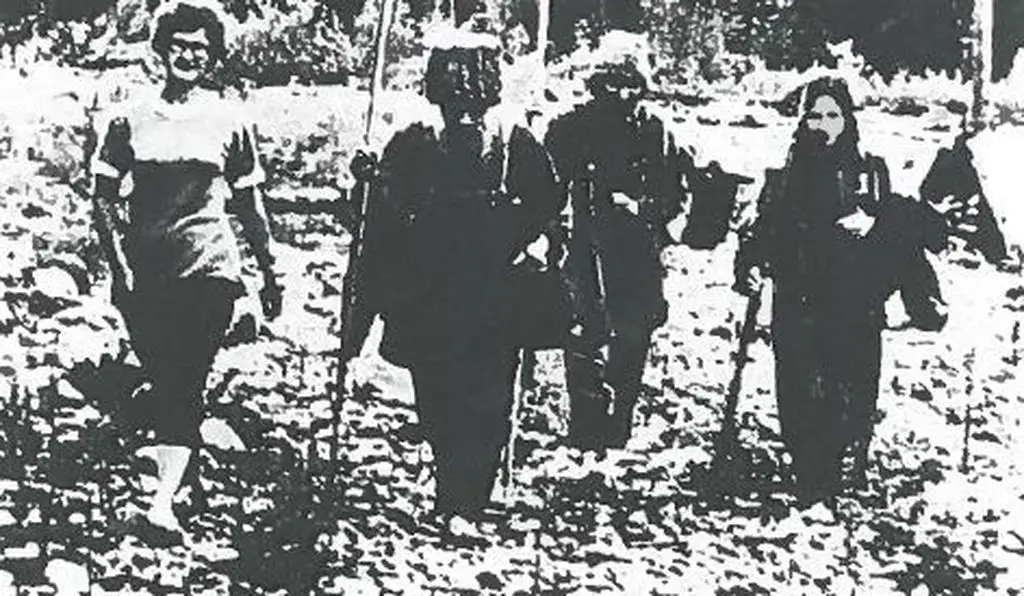
Taiga in Siberia is an ecoregion of dense forests and rich flora and fauna. It barely sees Summer last. The region enjoys the reputation of being one of the last standing great wildernesses on Earth. It covers around 5 million square miles and lies in East Russia. The population is sparse and barely comes to a couple of thousands. And so, it came as a heart-stopping shock when a few explorers found an isolated Russian family in the middle of nowhere.
Isolated Russian Family: Friend Or Foe?
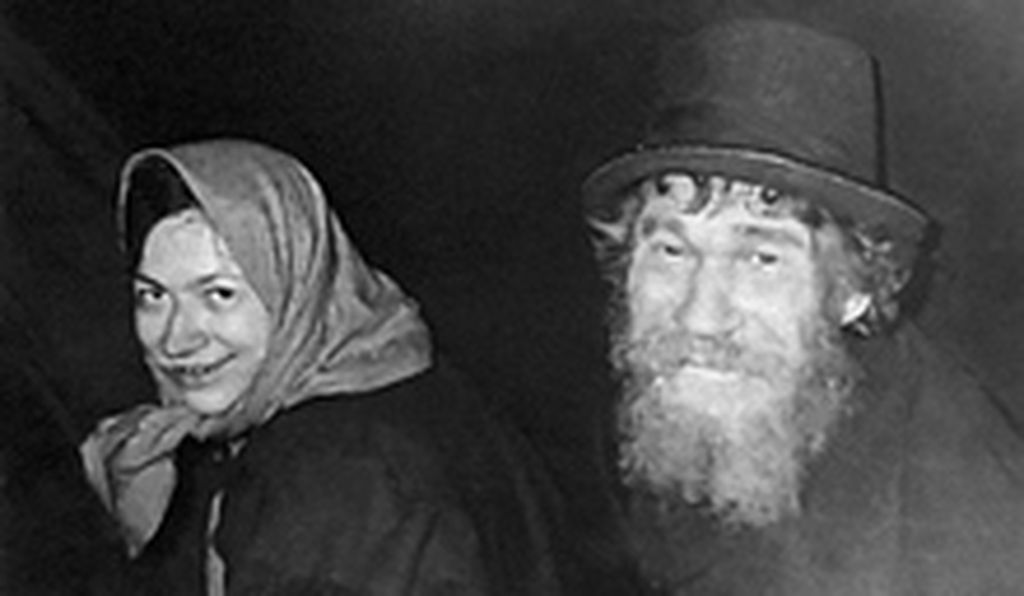
In 1978, a group of geologists were looking for a safe landing spot. Suddenly the crew in the helicopter noticed a huge garden in the middle of a soul-shivering dense jungle. The helicopter crew was jolted and surprised as they were in Abakan, a region in Taiga near the Russian-Mongolian border.
The region was so isolated that even the soviet officials had deemed the area free from human habitation. The pilots immediately informed the geologists. Galina Pismenskaya, without losing a beat, decided to lead a team of scientists to investigate who these people were, and what their existence meant.
Read More: For 30 Years This Man Has Been Living Alone In A Cabin In The Alaskan Wilderness
Pismenskaya records that she decided to take some gifts and a bullet-filled revolver, just in case. They made their way up the mountain and down the stream. The team finally reached the area and began noticing a man-made path, a shed containing dried potatoes and birch-bark.
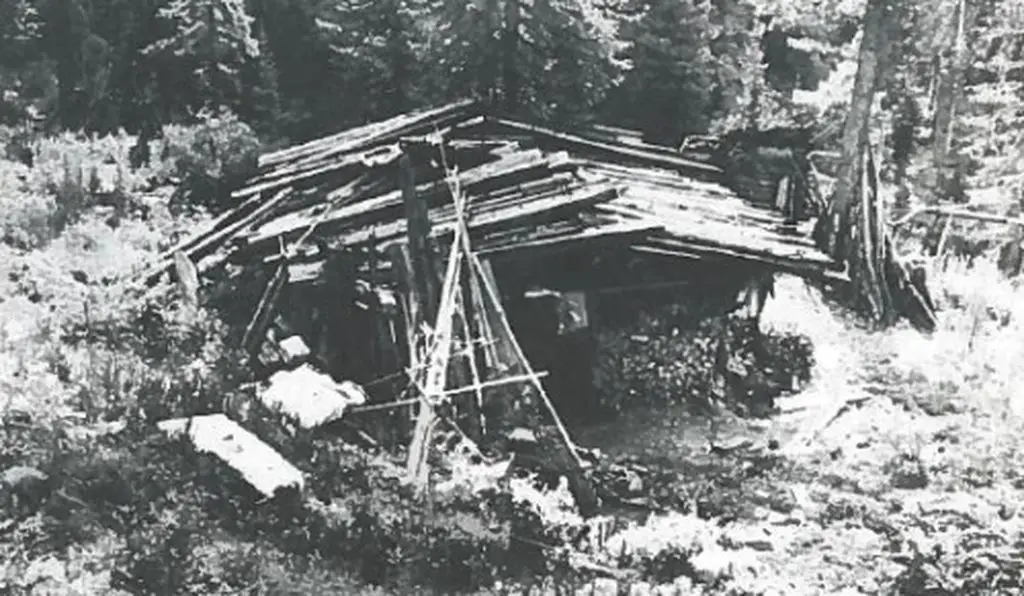
Pismenskaya writes that the moment they saw signs of the isolated Russian Family, they knew that they had been seen too. She describes that the wood cabin had a tiny window and a low-level door. A disheveled old man finally got out of the house and welcomed them in.
The story slowly began to unfold. Pismenskaya figured that the cabin was made of whatever material the old man could find. She suddenly heard sharp wailing and noticed two women in the corner. From what else could decipher, the women were crying and blaming the visit on their sins. The situation suddenly got tense, and the team of scientists rushed out of the cabin.
Determined to find out the full story, they located themselves just outside the house. The old man, Karp Lykov, came out after some time, along with his two daughters. They seemed reluctant yet curious. When offered bread, jam, and tea, they simply refused saying that they were prohibited from consuming it.
The Isolated Russian Family Ran To Protect Their Belief
The first contact was made. Over many visits, Pismenskaya found out that the isolated Russian family had lived in the house since 1936! The old man seemed lost in time. He spoke of Peter the Great as if he were alive just yesterday. Lykov was extremely critical of Peter the Great’s western leanings. Lykov belonged to the orthodox sect of Old Believer.
After the Bolsheviks came to power, there was little hope left for the staunch Old Believers. During the 1930s, many members of the Old Believer fled far from human civilization to prevent persecution.
Lykov finally decided to flee too, after his brother was shot by a Bolshevik patrol. He ran deep into Taiga, determined never to return.
Life In The Siberian Wilderness
The last two Lykov children were born in the forest. Other than their family, they had never seen a single person in flesh. The children were taught how to read and write by their mother. Their only books were the old family bible and other holy books.
Vasily Peskov, a journalist, noted that the family told each other their stories as a means to pass time.
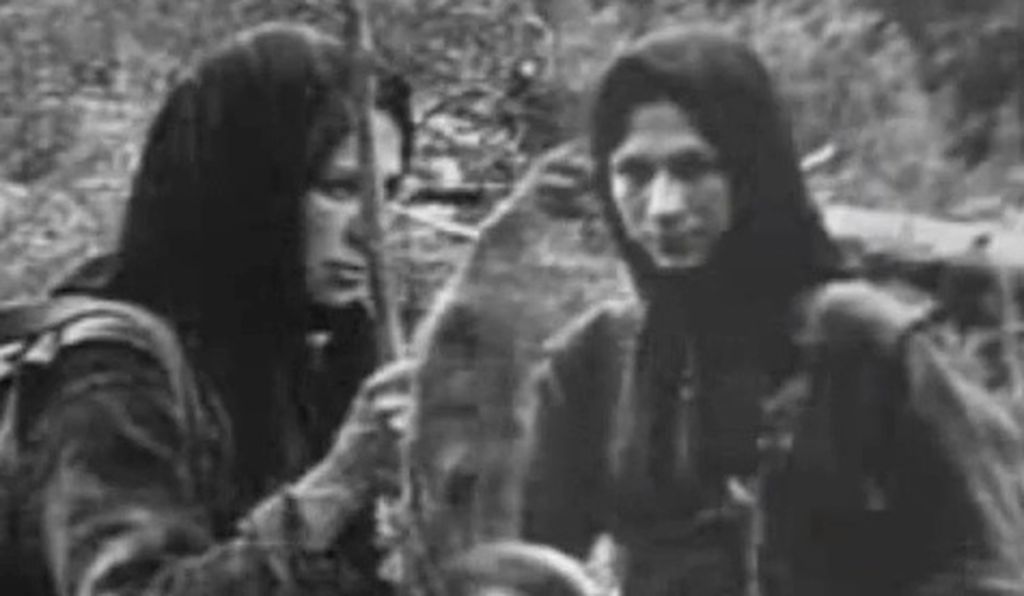
Akulina, the mother, used sticks and honeysuckle instead of a pen and ink. Likewise, their shoes were made of barks, and clothes, after numerous repatching, were replaced with seed-grown hemp.
Dmitry, the youngest son, grew up to be a fierce hunter. He would sometimes disappear for days in the cold winter and return with his hunt.
The Taiga, although beautiful, was not kind for human settlement. The Lykov family faced many arduous days of famine. Even then, the family survived. But finally, the cold winter of June 1861 left the family in devastation. The cold had destroyed their crops. Akulina saw a sad demise caused by starvation that year.
Read More: You Can Now Sleep In A “Jungle Bubble” Surrounded By Rescue Elephants In Thailand
The isolated Russian family had finally learned to accept their new friends. They socialized with them and learned of modern technologies.
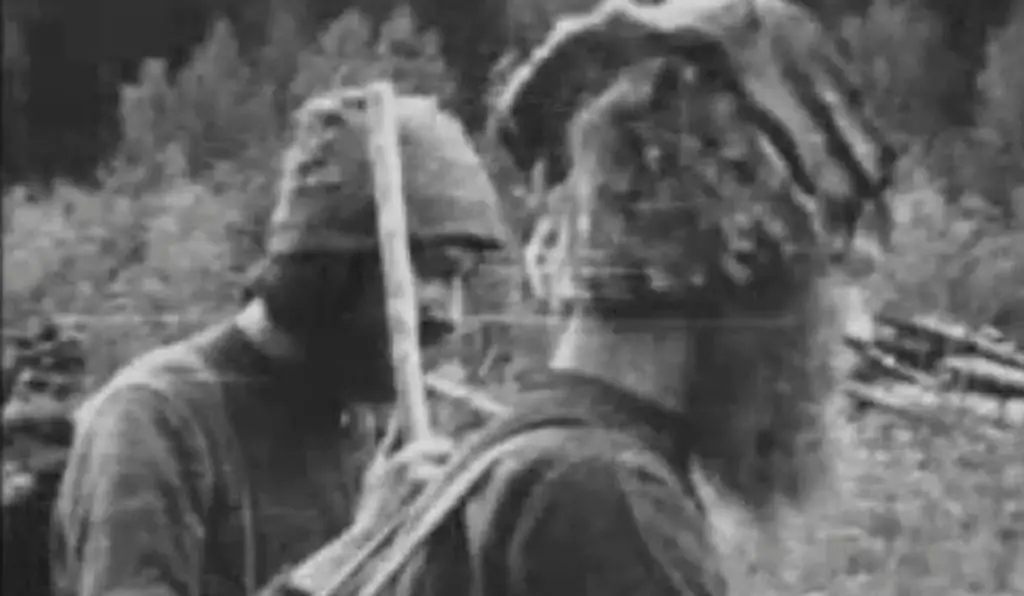
Unfortunately, in 1981, three children were taken to an early grave. Peskov notes that Dmitry suffered from pneumonia. Meanwhile, Natalia and Savin died of kidney failure.
Their deaths were mourned by everyone they knew. The scientists tried to persuade the old man and his last surviving daughter to move back into town but to no avail. Whatever remained of the Lykov family, they decided to rebuild their cabin and stayed back.
Karp Lykov took his last breath on the 16 of February 1988. Agafia gave him a mountainside burial. Despite persuasion from the scientists, she decided to stay where she had stayed her whole life.
And true to her word, 27 years since then, she is still living the isolated Russian family life deep in the Siberian Jungle.
As you might know, tech giants like Facebook, Twitter, and Google (Also Youtube), increasingly censor information that does not fit the mainstream narrative. Freedom of speech should be the basic human right, however, in the current era, you are not allowed to share your views anymore. Fortunately, alternative platforms appear that are censorship-free. Minds.com is one of these platforms. You can sign up for free, HERE, and make sure you follow Truth Theory on Minds.
Image Credit: Wikicommons
Leave Comment: